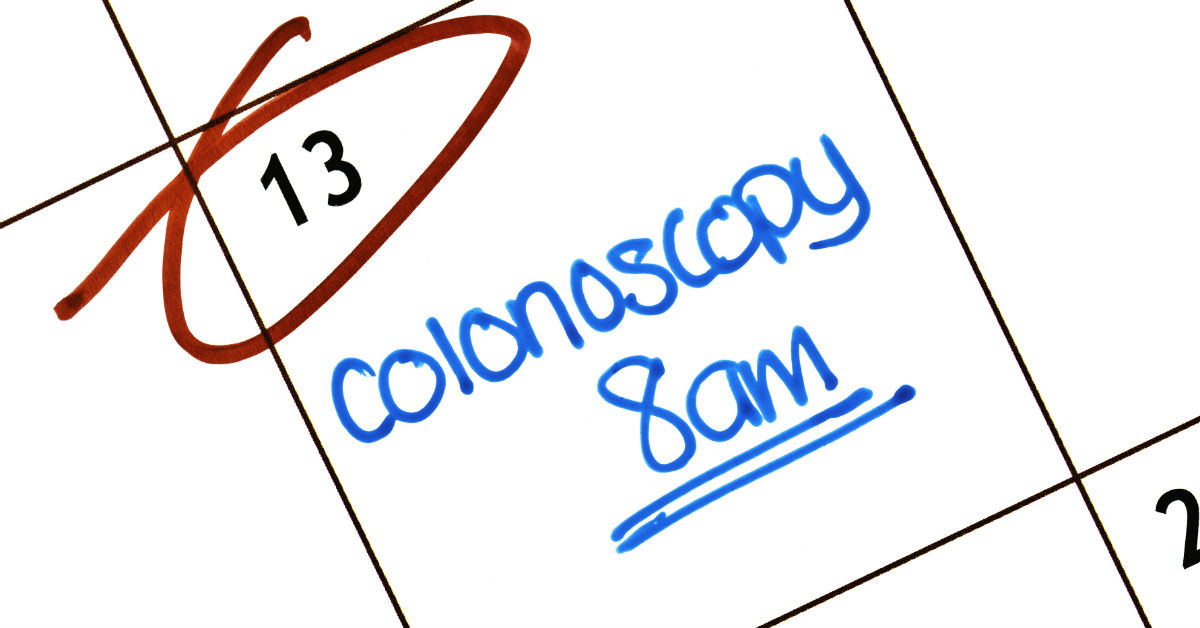
When you start talking about having a colonoscopy, some folks get squeamish.
Get over it, people.
March is Colorectal Cancer Awareness Month.
Colorectal cancer can affect anyone, often without warning. Don’t let it sneak up on you. It’s treatable if found early. Make sure you’re in the clear.
That starts with a colonoscopy. You take a day to get ready, flushing your system to provide the best possible look at your colon. The next day, you have the procedure. A small, flexible camera is used to examine the inside of the colon and rectum. You’re sedated, and it doesn’t take all that long.
Best-case scenario: Nothing to report. See you in 10 years for your next colonoscopy.
Sometimes, though, the colonoscopy reveals something. That can be a good thing, too.
“If we see those precancerous polyps on a colonoscopy, we can remove those polyps and hopefully prevent cancer from forming,” says Dr. Erik Johnson, a colorectal surgeon with Aurora BayCare General & Vascular Surgery.
Though there are other, less invasive tests, “a colonoscopy is the gold standard for finding cancer,” Johnson says.
To raise your awareness of colorectal cancer, know your risks.
- If you’re 50 or older, get screened regularly. This age group has the highest risk.
- If you’re African-American or have a family history of colon or rectal cancer, ulcerative colitis or Crohn’s disease, you’re at a higher risk. You may need to be screened earlier than age 50 and have more frequent screens.
- Quit smoking and avoid second-hand smoke. Smokers are at a higher risk.
- Be active and eat right. Exercise and a healthy diet may help reduce the risk.
- If you have any of these symptoms, talk with a doctor about the possibility of colorectal cancer:
- Persistent abdominal pain
- A change in bowel habits (constipation or diarrhea)
- Blood in the stool
- Unexplained weight loss
Colorectal cancer is America’s second-leading cause of death from cancer. If everyone 50 and older was screened regularly, six of every 10 colorectal cancer deaths could be prevented.